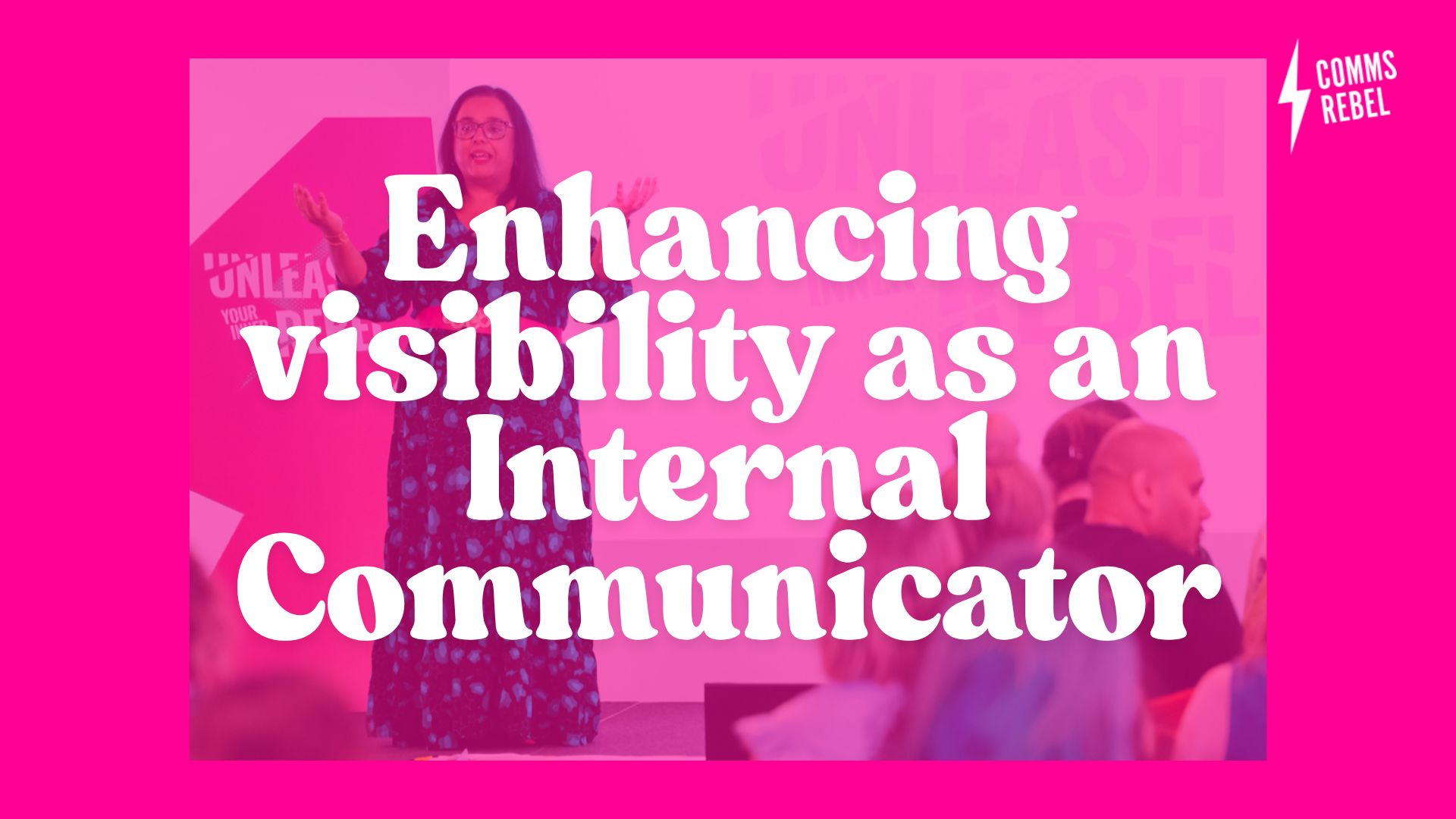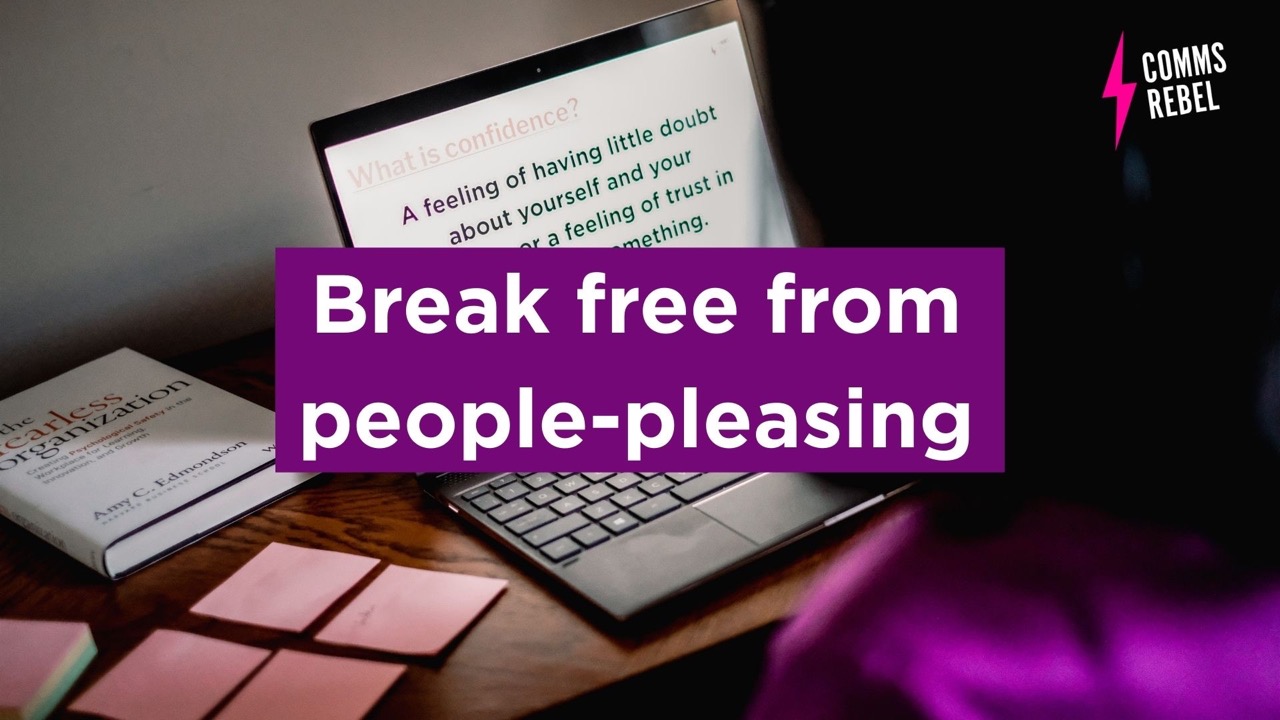It’s expected as communicators that we will need to face into many difficult conversations during our career, but even more so when we are going through a crisis. Stress is often at peak, tempers are flared and people are generally panicking. We often must be the calming voice of reason with our leaders so we can make sure the right choices are being made, in regards to communication to stakeholders. Here are three things you might want to consider before you start the conversation.
Be clear
The last thing you want to do when you need to make your point quickly is ramble unnecessarily. Being direct is something that many people can be uncomfortable with, especially when it’s towards a senior leader. However, you won’t be doing them any favours if you take forever to get to your point. Tell them what the problem is, why it’s a problem and what you suggest they do instead – be bold, be brief, be gone.
Be prepared
This can be a bit harder when it’s in the moment and time is short. But to make the impact you need and to see the outcome you want, you have to be prepared with all the facts / data to support your case, especially if you need them to reconsider a decision. Gut feelings are great, but unless you have a very strong trusted relationship with the person, it won’t be enough. But even with data, don’t waffle. Leave them with the information and let them think about what you’ve said.
Be calm
Now I don’t mean act like a robot but it’s extremely important you don’t allow your emotions to get in the way, whether that’s anger, disbelief or sadness. Your emotion will be reflected in the other person and it can make the conversation even more challenging. If you find yourself getting emotional, then take a step back, go into a different space, take deep breaths, get your points written down and then go back to the conversation. If the person you’re speaking to is getting emotional then it’s important you remain calm and professional. Raising voices or shouting is not acceptable (by either parties) so remove yourself from the situation and go back to it when everyone has had some time to digest the information.
Final point. Remember your role is to advise and guide, ultimately if they are a senior leader it’ll be their decision if they want to go ahead. But this rule is exempt if what they are proposing is unethical. Here is a great ethics guide for Internal Communicators which is full of advice and help on what to do when you’re faced with an ethical dilemma.


